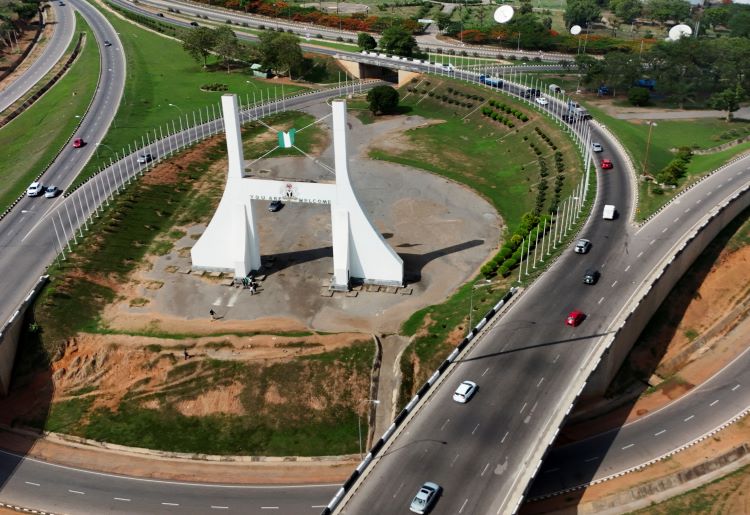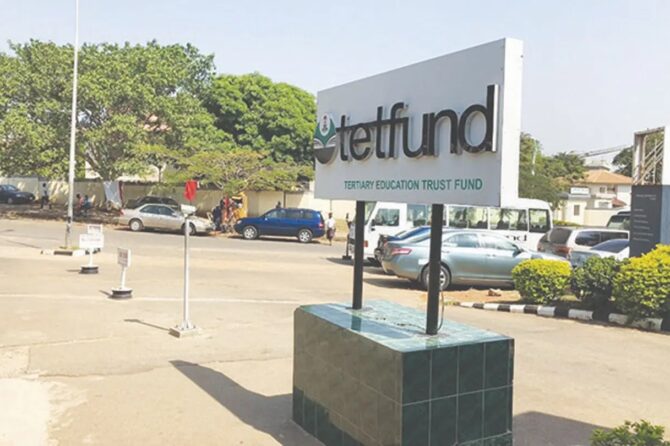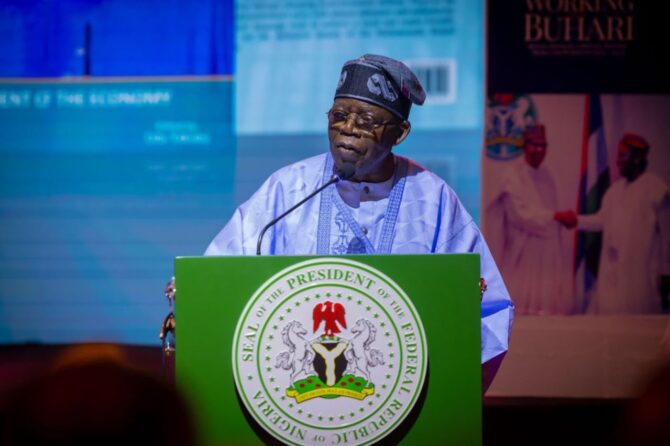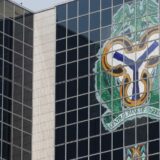Nigeria’s Economy Grows 4.6% in Q4 2024 Amid Persistently High Inflation, World Bank Reports
Abuja, May 12, 2025 – Nigeria’s economy recorded its fastest growth in nearly a decade in the fourth quarter of 2024, expanding by 4.6% year-on-year, according to the latest report from the World Bank. This robust growth pushed the full-year GDP growth to 3.4%, the highest since 2014 excluding the COVID-19 rebound years, signaling a significant recovery driven by key sectors despite ongoing inflationary challenges.
Drivers of Growth
The World Bank attributes the acceleration in economic activity primarily to a sustained recovery in the oil and gas sector, alongside strong expansions in the technology and financial services industries. However, growth in agriculture remained sluggish at just 1.2%, hampered by insecurity in Nigeria’s Middle Belt and rising input costs.
“Nigeria has made impressive strides to restore macroeconomic stability,” said Taimur Samad, Acting World Bank Country Director for Nigeria.
The government’s reforms-including the removal of fuel subsidies, cuts in electricity allowances, and a unified, market-reflective exchange rate-have contributed to improved fiscal management and increased government revenue.
Inflation Remains a Challenge
Despite the growth, inflation remains “high and sticky,” with the World Bank forecasting an average inflation rate of 22.1% for 2025. The inflationary pressures stem from subsidy removals, currency devaluations, increased energy and logistics costs, and supply chain disruptions.
Alex Sienaert, the World Bank’s lead economist for Nigeria, emphasized the need for continued tight monetary policy and disciplined fiscal management to keep inflation in check.
Fiscal and External Position Improvements
Nigeria’s fiscal deficit narrowed significantly from 5.4% of GDP in 2023 to an estimated 3% in 2024, supported by a sharp increase in government revenues-from N16.8 trillion (7.2% of GDP) in 2023 to about N31.9 trillion (11.5% of GDP) in 2024. This was largely due to the removal of foreign exchange subsidies, improved tax collection, and rising remittances.
The Central Bank of Nigeria’s reforms have also stabilized the foreign exchange market, allowing reserves to rebuild to over $37 billion, providing a buffer against external shocks.
Outlook for 2025
The World Bank projects Nigeria’s economy to grow at a moderately higher rate of 3.7% in 2025. However, it cautions that to achieve the federal government’s ambitious goal of a $1 trillion economy by 2030, growth rates will need to accelerate significantly and become more inclusive.

















